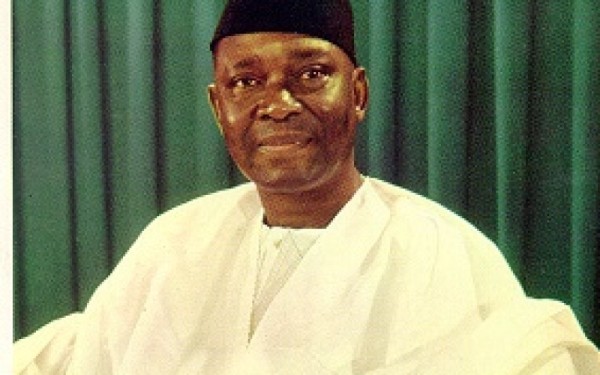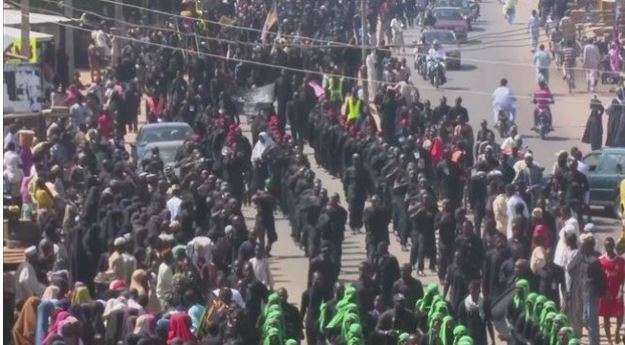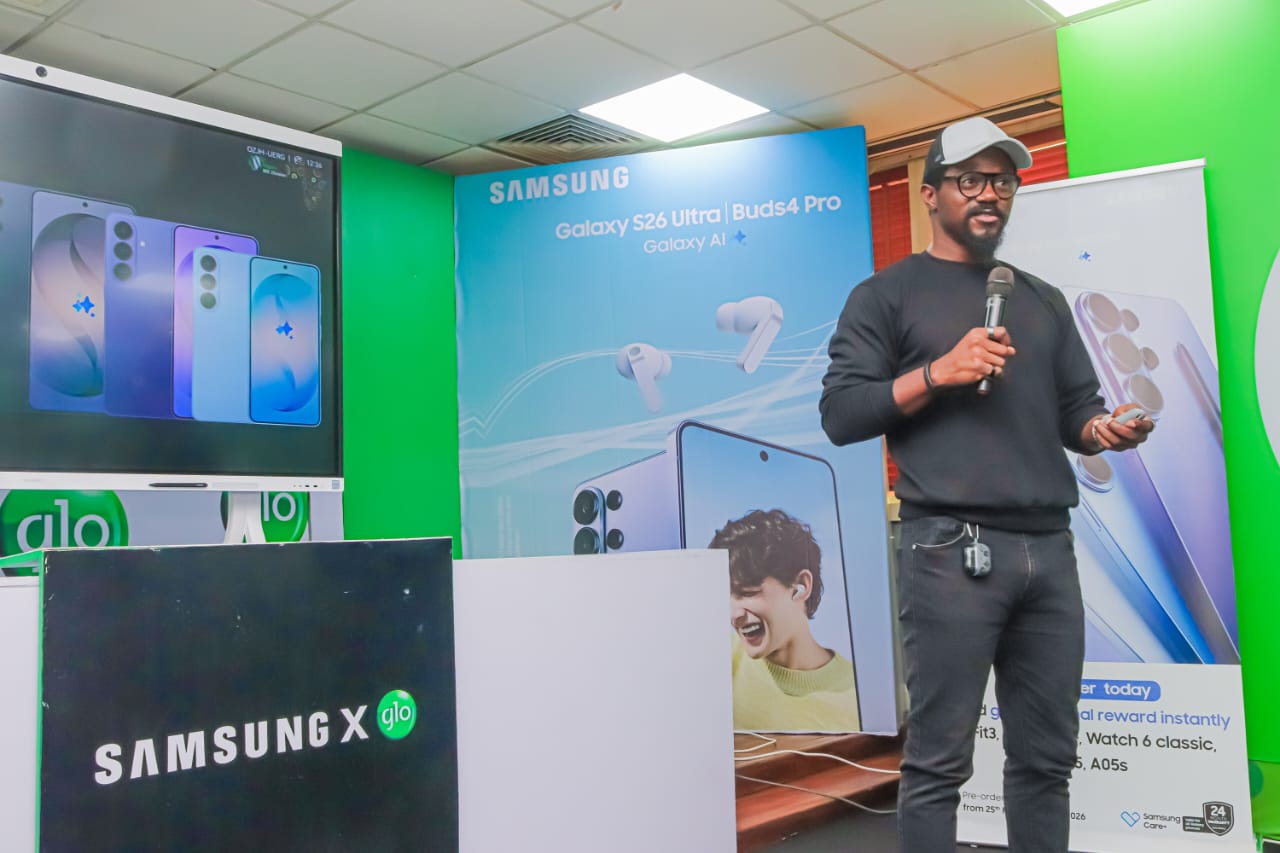By Eric Elezuo
When the events of Nigeria’s political independence began to unfold in the late fifties culminating in the proper independence in 1960, it looked very obvious that the south easterners of Igbo extraction were sure to lead the political affairs of the country. With the likes of Dr. Nnamdi Azikiwe, Matthew Mbu, Michael Okpara and others, the stage was set for the very enlightened Igbo men and women to dominate the political climax of the Nigerian nation.
But the expected was not to be as the dominance of the sect was cut short with the ambition of the Northerners who took up the mantle immediately, relegating the Igbo race to playing the second fiddle then; a situation that has today worsened, relegating the race further down the lane to utmost oblivion with the coming of President Muhmmadu Buhari.
Since the post-independence era, leading to the first coup in 1966 by Major Chukwuma Kaduna Nzeogwu, the Igbo race has lost its pride of place in the affairs of the Nigerian nation, following distantly behind the northerners and the westerners, and recently, the people of the South South, which has always been known as the minority.
In 1960, the formidable, but unfavourable alliance of the National Council of Nigerian Citizens (NCNC) led by Dr. Nnamdi Azikiwe and the Northern Peoples Congress (NPC) led by Alhaji Almadu Bello, the Sarduana of Sokoto created the way for the in balance in political leanings where Azikiwe and his bunch of followers, majorly of Igbo extracts, played second fiddle to the NPC.
This imbalance was to continue in 1963 when Nigeria became a republic. Dr. Azikiwe became the ceremonial President while the north produced Abubakar Tafawa Balewa as the Prime Minister, with all the powers.
Events came to a head with the coup of 1966 which saw the killing of top government officials, notably from the north, and the counter coup six months later which claimed the life of General Aguiyi Ironsi, the first and last Igbo man to hold the exalted position of first citizen in Nigeria.
The holocaust that followed afterwards in the north further demoralized the average Igbo man, and created an untold fear in him towards believing that someone else owns the entity called Nigeria.
This therefore, prompted the young Major in the Nigerian army, Odimegwu Ojukwu, to secede from the entity called Nigeria, creating another, called Biafra; a move that was rebuffed by Nigeria, supported by most major world powers. And for 30 months, the bloody struggle to either keep or destroyed Biafra was undertaken. In the end, Biafra was subdued!
Though the administration of General Yakubu Gowon then pledged total reconciliation, the South easterners have felt neglected political and otherwise since then.
However, on two different occasions, the geo-political zone has produced number two citizens; first in 1979 during the Second Republic with Dr. Alex Ekwueme as the Vice President to Alhaji Shehu Shagari and in 1985 with Commodore Ebitu Ukiwe, during the Administration of General Ibrahim Babangida. On those occasions, the administrations were truncated; the first through a military coup, and the second through un-ceremonial removal.
Since then the region has been embroiled in the search for political freedom and relevance in an entity that ‘scarcely recognized their existence’.
Consequently, the craze to join the party in power has become the in thing as the politicians of the region has joined the maddening crowd in the quest to cross carpet from one ruling party to another. While on the other hand, remnant groups have been formed to bring about secession from the ‘geographical expression’ better known as Nigeria. This is the reason the most vocal of all secessionist groups ever formed, the Indigenous Peoples of Biafra (IPOB) led by the maverick Mazi Nnamdi Kanu, came into existence.
Recently in 2016, a former National Chairman of the Peoples Democratic Party (PDP), Dr. Okwesilieze Nwodo, former Minister of Labour and Productivity, Dr. Emeka Worgu and former House of Representatives Speaker, Agunwa Anakwe, defected to the All Progressives Congress (APC) in Enugu.
Others who defected were Senators Emma Agboti, Chris Adighije, Nkechi Nwogu and Ifeanyi Ararume. Senator Jim Nwobodo, Gbazuagu Nweke Gbazuagu, former Imo State House of Assembly Speaker, Benjamin Uwajumogu, and Dr. Ezekiel Izuogu also joined the ruling party.
On hand to receive the decampees, which has hitherto become the name of most Igbo politicians, were chieftains of the APC in South-East including the national vice-chairman and convener of the meeting, Emma Eneukwu; National Organising Secretary of the party, Senator Osita Izunaso; National Auditor, George Moghalu; Deputy National Women Leader, Tina Adike and the standard bearer of the party in Enugu State, Okey Ezea, men and women who at one time or another been in the PDP.
The reason for this decamping according to one of the South East political heavyweight, Emma Eneukwu, is principally for the benefit of becoming politically relevant, saying that most of the juicy positions due the South-East were “being denied us because of our poor performance in 2015 elections”.
“With the array of prominent politicians from South-East joining us now, we shall work hard this time and turn things around,” he assured.
Enekwu’s assertion has been an age long thing which happens dispensation after dispensation in the political circuit, yet nothing of repute since to take place.
The frustration of the political alienation has therefore created agitations and agitators for the defunct state of Biafra.
According to a political analyst, Dike Uguru, based in Aba, the rise of various State of Biafra agitators is as a result of the hard to swallow knowledge that nothing positive can happen to the Southeasterner again in the Nigerian society so the desire to have a separate state.
“The frustration of alienation is the only reason for the renewed call for the state of Biafra. The Igbo man is sadly aware that there is no future for him in the Nigerian entity, politically, so the desire to create his own state,” he said.
However, he added, “the disunity and lack of trust that has come to become a trademark among the collective body will surely not allow the average Igbo man to gain the political freedom he so much desired.”
It will be recalled that if not for the home town of Odumegwu Ojukwu, who founded the All Progressives Grand Alliance (APGA), no other state considered it wise to follow the warlord, who claimed to have come to give the Igbo man identity. APGA, as a party, is only alive in Anambra State where Chief Willie Obiano is the governor. The other states that make up the five states in the region are also separated along party lines. While Rochas Okorocha of Imo State belongs to the APC, Dave Umahi, Okezie Ikpeazu, and Ifeanyi Ugwuanyi of Ebonyi, Abia and Enugu states respectively belong to the Peoples Democratic Party (PDP).
This inability to forge one common front in spite of the of the existence of the Ohaneze Ndigbo, a pan-Igbo cultural organization, led to the formation of the Movement for the Actualisation of the Sovereign State of Biafra (MASSOB) led by Ralph Uwazuruike. Uwazuruike’s movement was still in existence when Nnamdi Kanu founded the Indigenous People of Biafra (IPOB).
Hear Uguru: “One would have expected that Nnamdi Kanu would meet Ralph Uwazuruike, since he was there before him, and robbed minds as to how their quest could be actualized. But because everyone wants to be the very leader, that was not done, and today, both are at each other’s throat. Tell me how the mandate would be actualized? The easterners are not just ready to free themselves.”
With the sound of discordant tunes coming from all quarters of the South East, stakeholders believe that it will take forever before the political liberty the region so much demand will belong reality.
“I think this issue of political liberty is within our finger tips, and we are busy searching for it far away from where it is. There are sovereign governors among us, who have been bestowed with political powers but lack something very minute but important – political will power; the governors lack political willpower. If they do, they would have come together, not minding party affiliation, and forge a way forward for the geo-political region,” said Innocent Egbuchu, a Political Scientist.
He added that though it is fair in all its ramification if the Southeast is given a shot at the Presidency, they don’t however, need the Presidency to do their region well.
It is only then that the expected desire of the region for 2023 will become a reality as in the word of the National Vice Chairman of the APC, Emma Eneukwu: “We believe by 2023, the President of a united Nigeria will be a Nigerian of Igbo extraction from the South-East.”

 Featured5 days ago
Featured5 days ago
 Boss Of The Week2 days ago
Boss Of The Week2 days ago
 Middle East2 days ago
Middle East2 days ago
 Headline4 days ago
Headline4 days ago
 The Oracle4 days ago
The Oracle4 days ago
 Islam4 days ago
Islam4 days ago
 News5 days ago
News5 days ago
 Opinion2 days ago
Opinion2 days ago













